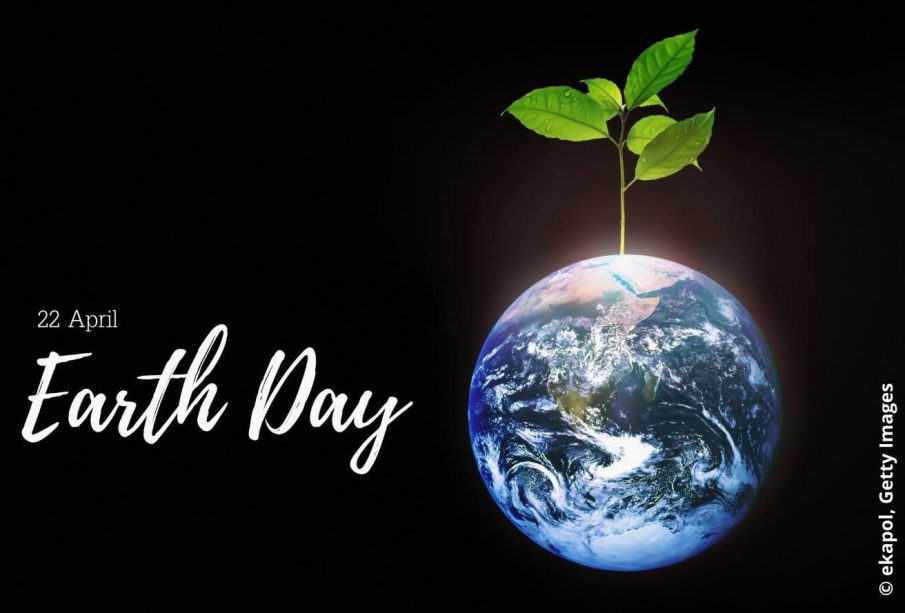When Is Earth Day? Understanding Its Significance

Introduction
Earth Day is celebrated annually on April 22nd, serving as a global reminder of the importance of protecting our environment. Instigated by the environmental movement in the early 1970s, Earth Day has grown into a coordinated effort involving millions of people and organizations dedicated to raising awareness about environmental issues. Its relevance has only intensified in today’s context of climate change, pollution, and biodiversity loss, making understanding and participating in this observance paramount.
History and Current Events
The first Earth Day was held on April 22, 1970, and it marked a significant turning point for environmental policy in the United States. The event was organized by Senator Gaylord Nelson and was a response to growing concerns about pollution and environmental degradation. It led to the establishment of key environmental protections, including the Environmental Protection Agency (EPA) and the passage of major legislation such as the Clean Air Act and the Clean Water Act.
Today, Earth Day is celebrated by over a billion people in more than 190 countries. Each year, the event focuses on a specific theme aimed at addressing critical issues. For instance, the theme for Earth Day 2023 focused on “Invest in Our Planet,” emphasizing the need for sustainable practices across industries and individual actions. This year, numerous organizations, schools, and businesses engaged in education, advocacy, and clean-up activities, reflecting a collective effort to heal the planet.
Significance and Activities
Earth Day serves as a critical platform for individuals and locales to engage in discussions about climate action, conservation, and sustainability. Activities spanning communities include tree planting, recycling drives, clean-up events, environmental campaigns, and educational workshops. Social media campaigns, webinars, and community fairs also provide forums for increasing awareness about the environment.
For people looking to make a difference, Earth Day offers numerous opportunities to volunteer or participate in local events. From participating in community clean-ups to simply planting trees in one’s backyard, every small action counts towards achieving larger environmental goals. Additionally, many organizations use the occasion to elevate the urgency of climate change, encouraging governments and businesses to implement impactful policies.
Conclusion
Earth Day is not just a one-day event but a call to action for every person to contribute to a sustainable future. Understanding when Earth Day occurs and its underlying purpose encourages ongoing commitment to environmental stewardship. As the effects of climate change become more pronounced, the importance of Earth Day will continue to resonate, acting as a reminder that we all share the responsibility of protecting our planet’s health for future generations. This year’s celebration is a part of an ongoing journey where every individual plays a role in creating meaningful environmental change.









